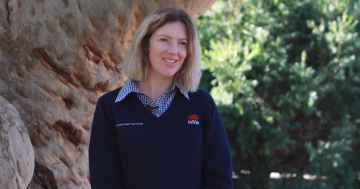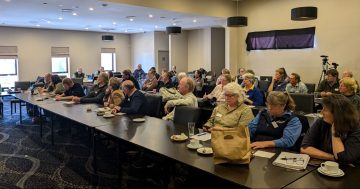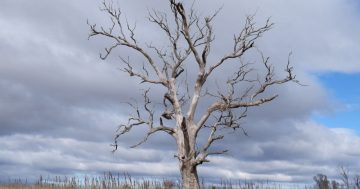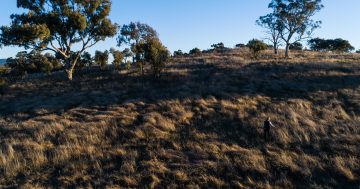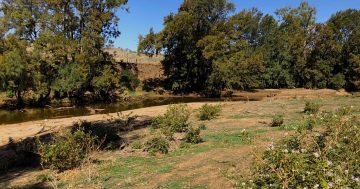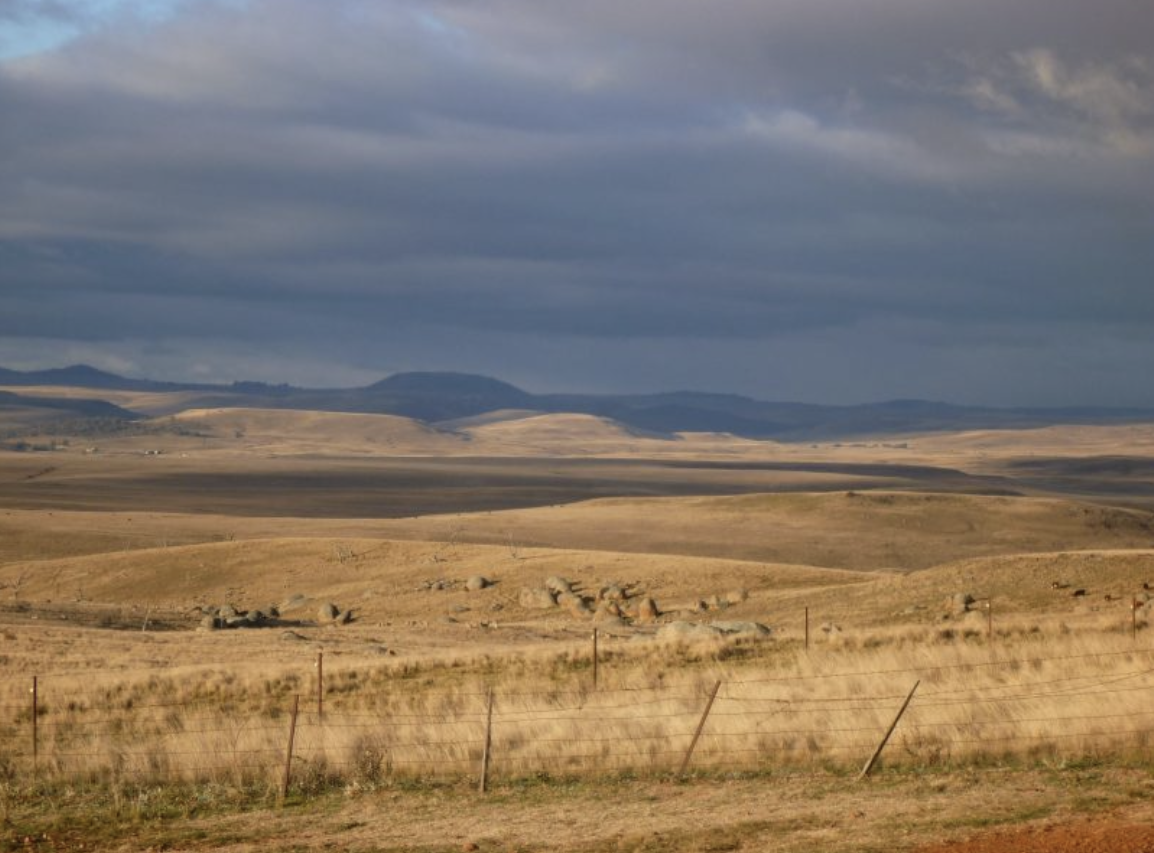
The iconic native grasslands of the Monaro are of prime biodiversity conservation value. Photo: Upper Snowy Landcare.
Ever wondered what is meant by “natural capital”?
Did you know that it’s a growing part of the “environmental markets” that are set to take off across Australia?
Can it be measured? What is its value?
The PwC Australia report ‘A nature-positive Australia: The value of an Australian biodiversity market’ states, “A biodiversity market could unlock AU$137 billion in financial flows to advance Australian biodiversity outcomes by 2050″.
Landholders on the Monaro are especially well placed to take advantage of the burgeoning environmental markets.
To help primary producers get a head start in accessing these markets, Landcare Farming and Accounting for Nature Ltd have teamed up with Upper Snowy Landcare Network to run a ‘Natural Capital Accounting Field Day’ at “Bobundara” on 15 May.
Local graziers and farmers are invited to attend this free event where they will have the opportunity to learn about environmental markets and how they might apply to their properties.
The day will include practical field exercises, including measuring the environmental condition of native vegetation, conducting wildlife surveys and collecting soil data.
This will give landholders a feel for what ‘natural capital’ they have on their property, what is involved in preparing an environmental baseline report, and what opportunities they may have for generating income from their natural assets.
The group providing the content of the field day – Accounting for Nature Ltd – has made great strides towards providing a standardised and accredited method for environmental accounting to underpin all of Australia’s environmental markets.
To book, get your free ticket from Eventbrite or call Lauren Van Dyke on 0411 402 978.
To find out more about the content of the field day, email Landcare Farming project manager Ang Hammond at [email protected].
The Natural Capital Accounting Benchmarking Project
The Natural Capital Accounting Benchmarking project (NCA), is a joint project between Accounting for Nature Ltd and Landcare Farming to provide training in natural capital accounting methods and develop environmental baseline reports for producers.
Natural capital accounting provides standardised, quantifiable assessments of the physical state of environmental assets including agricultural soils, native vegetation and wildlife, rivers and marine ecosystems.
These measures of environmental conditions can be used to understand whether actions are improving or degrading natural capital, which may then guide investment in sustainable land and sea management through enabling natural resource managers, policymakers, investors and customers to link the condition of environmental assets with economic decision making.
Over two years, the NCA delivered 30 workshops to 320 participants (including farmers, graziers and landholders), training them in practical natural capital accounting methods and developing environmental baseline reports for producers and their properties, by using a common set of information such as the type and condition of native vegetation.
Feedback from workshop participants was overwhelmingly positive, and they reported that the field demonstrations and practical explanations of how to implement natural capital accounting methods gave them the confidence to explore engaging in emerging environmental markets. Building on their success, Landcare Farming and Accounting for Nature subsequently hosted two pilot training days on natural capital accounting with landholders and Landcare groups, and based on the learnings and feedback from these training days plan to conduct more training days in the future.







